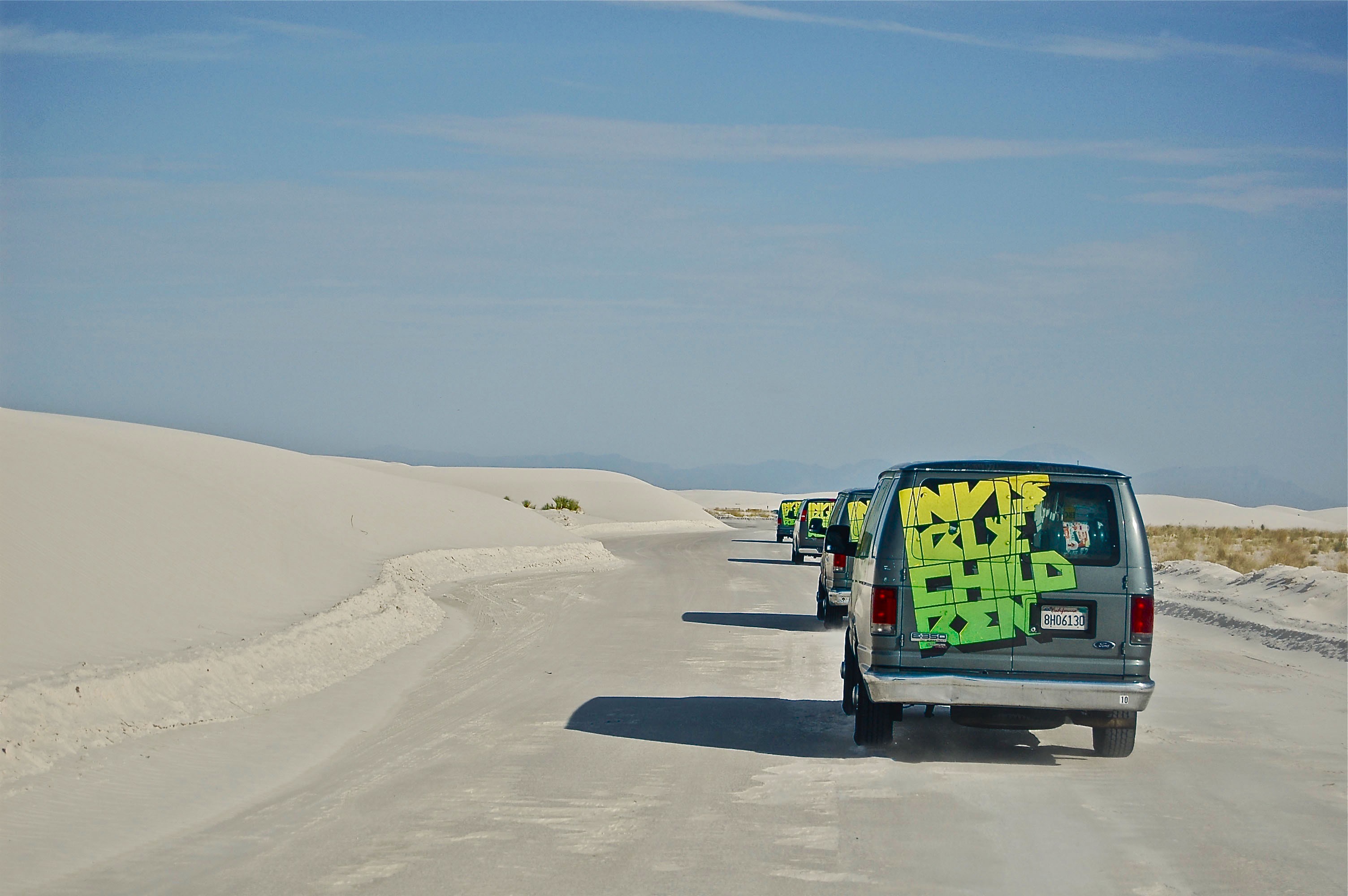Joseph Kony, Boko Haram, and the Diseased Family Tree
For the last several years I’ve been a volunteer board member for Invisible Children. I have been tremendously proud of my association with them. It might not be the first thing I mention in a conversation, but after my family and Plenty, it is in the top two or three. The organization’s mission, the arrest of warlord Joseph Kony, is compelling to me, and I find the staff and volunteers involved with the organization to be invigorating.
When I tell friends that I work with Invisible Children, they usually say, “IC, aren’t they the video guys?” Yes, I say, you are probably thinking of Kony 2012 – the most viral video of all time, focused on the capture of Kony, undoubtedly one of the most despicable people currently breathing on the planet. Kony earned his infamy by kidnapping children in villages throughout Central Africa and then pressing them into service as soldiers in his self-styled Lord’s Resistance Army.
As I talk, I wait for one of two reactions. Some people say, “I saw that video. It was amazing. How can I help?” Others say, “Yes, I heard about that. It is very sad, but there is so much need right here where we live, and there’s not much we can do about even that…”
I have never been to Africa. My back gets sore on a flight from Chicago to San Diego. I can look at a map to try and understand the physical distance between America and the Central African Republic, but the massive gulf between the environments is impossible to grasp. It is hard for us to imagine living without basic assurances of safety.
Two weeks ago in Nigeria, a group of men associated with the terrorist organization Boko Haram drove into a village and kidnapped 276 schoolgirls. The men gathered the girls up, loaded them into a truck, and drove off into the night. They did it for sex and slaves; they did it for greed and power; they did it, mainly, because they could. Boko Haram and the Lord’s Resistance Army have no ties, other than a shared contempt for humanity.
I do not claim to know the cosmic calculus. I do not pretend to be able to judge whether this abhorrent act is any more or less abhorrent than atrocities happening, today, right now, in Syria, Ukraine, China, and yes, in our own country. My only contention is this: It is abhorrent, and that is enough.
Of this I am sure: There is a diseased family tree. The roots, poisoned by evil and avarice, stretch hungrily in all directions. The trunk is gnarled and tortured, jutting out of the ground at an impossible angle. The branches, twisting and turning and vying for prominence, have names on them: Hitler, Stalin, Kony, Bin Laden, Boko Haram. Their swollen and grotesque fruit lies scattered all around. Shaped like corpses, it rots in piles on the ground.
It is not enough to tidy up the fruit now and then. It is not enough to trim a branch here and there. The tree grows, incessantly, despite what we do. And especially, it grows when we do nothing.
We seek order and justice from a world that insists on presenting its chaos and suffering to us at every turn. We search for values of truth and goodness; we find values, to be sure, but the values we find are mercantile and self-obsessed and odious.
Could it be that we are the values? Could it be that the agent of justice was, is, and always shall be solely in ourselves? Could it be that our major opponent isn’t war or hate or inequity, but rather our own apathy?
It may be that, as Martin Luther King, Jr. famously said, “the arc of the moral universe is long, but it bends towards justice” – but what is our obligation as we travel along the arc? Do we wait patiently as it makes its slow, nearly imperceptible turn, or do we take the curve and break it over our knee?
For every person who asks “Kony, isn’t that over?”; for every reader who turns the page and says “Nigeria is just so far away”; for everyone on the couch who says, “We have our own problems here”; it is because of you that I am involved with Invisible Children.
Explore the widespread effects of peer-to-peer networks. Download our free e-book "The Expansive Impact of Peer-to-Peer Fundraising."
Share this
You May Also Like
These Related Stories

Six Things I've Learned About How Disruption Informs Strategy
The Downfall Of Nonprofit Fundraising Incentives





No Comments Yet
Let us know what you think